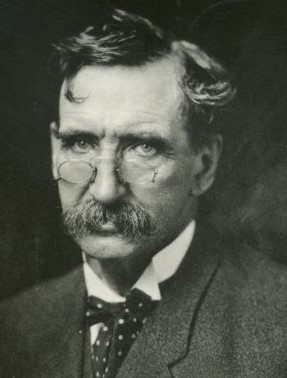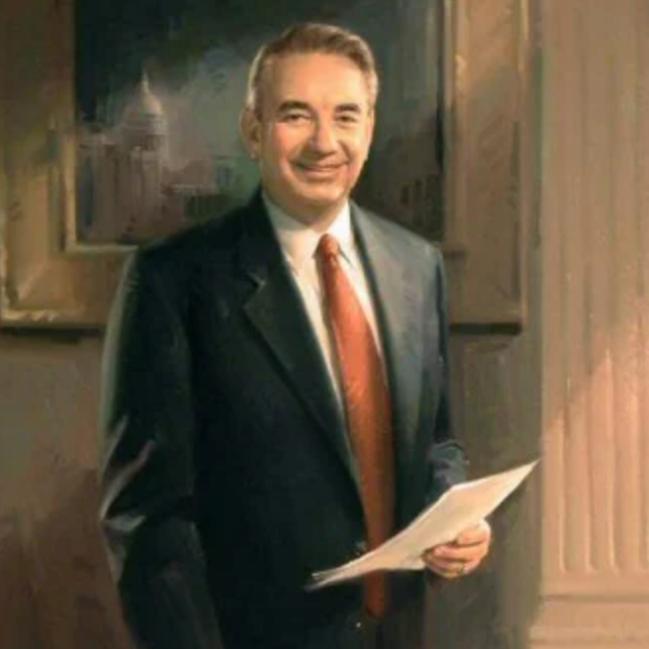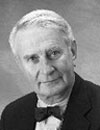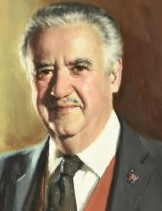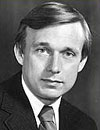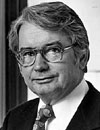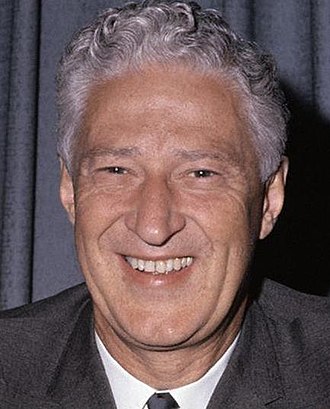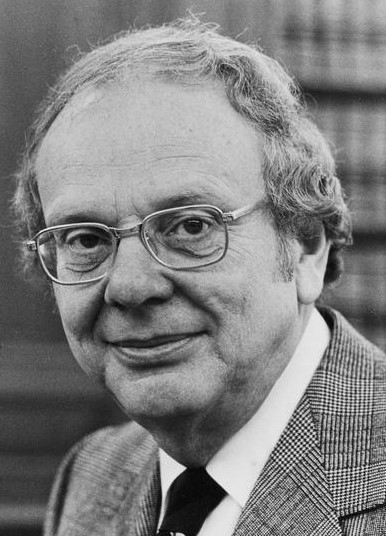Wisconsin
Gov. William Dempster Hoard
- January 7, 1889 - January 5, 1891
- Republican
- October 10, 1836
- November 22, 1918
- New York
- Married Agnes E. Bragg; three children
- Volunteer Infantry
About
Born in Munnsville, New York, WILLIAM DEMPSTER HOARD relocated to Oak Grove, Wisconsin in 1857. In 1861 he enlisted as a private in the Fourth Wisconsin Volunteer Infantry, which was sent to capture the city of New Orleans. He fell ill and was discharged, but reenlisted when he regained his health. After the war ended, he moved his family to Columbus, Wisconsin, where he failed at several endeavors before establishing a weekly newspaper-ultimately named Hoard’s Dairyman-that became one of the largest and most influential agricultural journals in the Midwest. He was also Justice of the Peace in Lake Mills, Sergeant-at-Arms of the State Senate in 1872, and a delegate to the 1880 Republican National Convention for James Garfield. Elected governor in 1888, he focused on the importance of dairy farming to Wisconsin, resulting in the state legislature’s establishment of the office of Dairy and Food Commissioner. However, his participation in the enactment of legislation requiring that school courses be taught in English resulted in ethnic protest and his defeat for a second term by his Democratic opponent. Hoard returned to his newspaper business and remained active in supporting dairy farming, helping to organize the Northwestern Dairymen’s Association, the National Farmers’ Congress, and the National Dairy Union.
Born in Stockbridge, New York, WILLIAM DEMPSTER HOARD relocated to Oak Grove, Wisconsin in 1857. In 1861 he enlisted as a private in the Fourth Wisconsin Volunteer Infantry, which was sent to capture the city of New Orleans. He fell ill and was discharged, but reenlisted when he regained his health. After the war ended, he moved his family to Columbus, Wisconsin, where he failed at several endeavors before establishing a weekly newspaper-ultimately named Hoard’s Dairyman-that became one of the largest and most influential agricultural journals in the Midwest. He was also Justice of the Peace in Lake Mills, Sergeant-at-Arms of the State Senate in 1872, and a delegate to the 1880 Republican National Convention for James Garfield. Elected governor in 1888, he focused on the importance of dairy farming to Wisconsin, resulting in the state legislature’s establishment of the office of Dairy and Food Commissioner. However, his participation in the enactment of legislation requiring that school courses be taught in English resulted in ethnic protest and his defeat for a second term by his Democratic opponent. Hoard returned to his newspaper business and remained active in supporting dairy farming, helping to organize the Northwestern Dairymen’s Association, the National Farmers’ Congress, and the National Dairy Union.
Source
Sobel, Robert, and John Raimo, eds. Biographical Directory of the Governors of the United States, 1789-1978, Vol. 4. Westport, CT: Meckler Books, 1978. 4 vols.
The National Cyclopaedia of American Biography, Vol. 16. New York: James T. White & Company.

